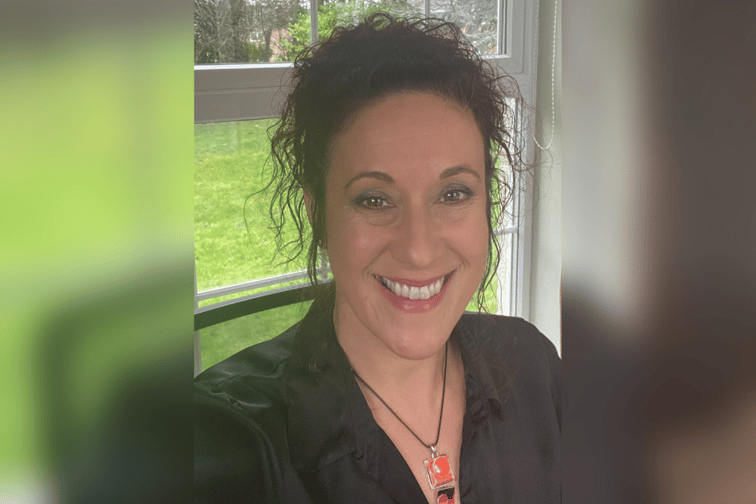

Never mind that age-old debate as to where charity begins or ends, far more critical is that it begins at all. For Sharon Brown (pictured), MD of Harbour Underwriting, supporting charities through fundraising, volunteering and advocacy is a focus that has always been a part of her life, and each new stage of her life journey has seen her find another opportunity to expand her roster of charitable causes.
Before her mother was diagnosed with vascular dementia in 2012, Brown highlighted that she had never known anyone with dementia and that her experience in caring for her mother has introduced her to the great work done by the Alzheimer’s Society. Since then, her father-in-law and aunt have also unfortunately been diagnosed with dementia, she said, which highlights the increasing scale of the condition as populations are living longer – with NHS statistics revealing that over 850,000 people in the UK alone suffer from the disorder.
In recent years, the team at Harbour Underwriting have adopted the Alzheimer’s Society as their charity of choice, she said, which is in keeping with the Insurance United Against Dementia movement. The team have been given two days a year to commit to their charity of choice and are consistently organising events and sponsorship opportunities both company-wide and individually to support it, as well as other charitable causes such as the London Legal Walk which looks to broaden access to legal assistance.
However, Brown noted that when it comes to charity work, it is essential to realise that it is not just about fundraising. Of course, that is an important element and Harbour has outlined its aim to raise £10,000 for the Alzheimer’s Society, an ambition that it is already halfway towards achieving. But aside from financial considerations, a key element of charity work is about raising the profile of an association, the work it does and the people it protects.
“It’s all about education,” she said. “When I first engaged with the Alzheimer’s Society, I said one of the best contributions that we can give is sharing our stories and engaging people. I had no idea what dementia was until my mum got it and, back in the old days, if somebody had dementia they were seen as the mad man or woman of the village, that’s all they were demarked as.
“Now we know what it is, but it’s really only been in the last decade or so that we’ve really identified dementia. So, when I engaged with the people from the society, I said that our biggest gift is going to be our network and using our social media and our social network to actually engage with people.”
Using her professional and social networks, Brown has received incredible engagement with her mother’s story and been able to share a real example of the horrendous impact that dementia has on sufferers. But beyond the financing element that goes into charity work and even the publicity that shines a spotlight on diseases that can otherwise fly the radar, she highlighted that real value is not only to be found in people and organisations working at a macro-level, but also time spent on the micro, day-to-day level.
When visiting her mother to look after her at a local care home, which Brown does twice a day, she emphasised the deep care she has for the other patients who, “keep me going with their quirks and beautiful humour”. If she was only going to the care home to spend time with her mother, it could become very disheartening given her condition, but as it is she gets to spend time with an incredible array of characters who welcome the very sight of her - and she treasures that time.
“When I go in there now, I don’t go just for mum,” she said. “And I know I spend far too much time there but the stories I come back with are just so heart-warming… It’s so lovely to know that making a difference [to the residents] just takes some interaction and some time. It’s not about just giving money, it’s about spending time with people. I know COVID has put a real stopper on this, but having somebody volunteer and go to a care home, I think is just priceless because there are simply not enough people doing that right now.”
